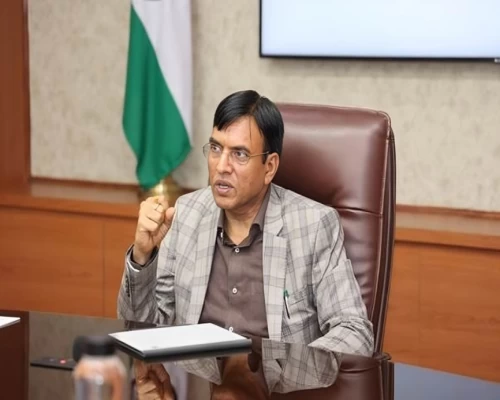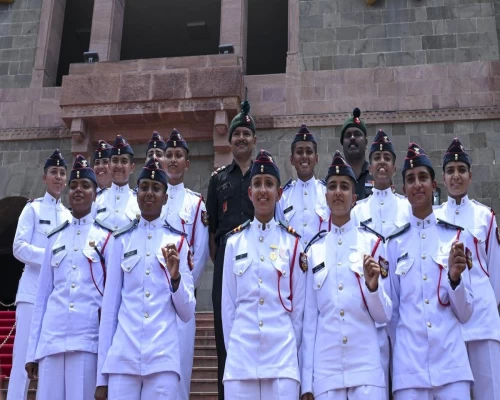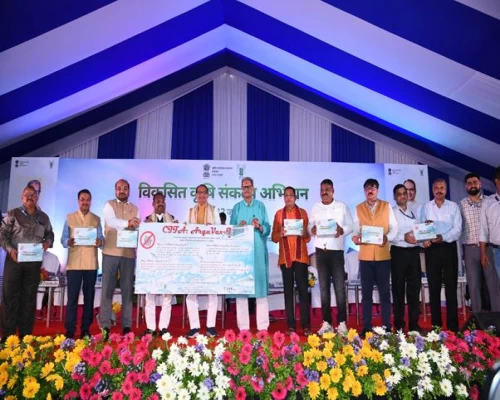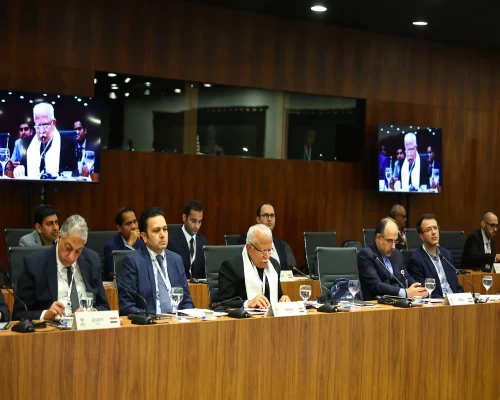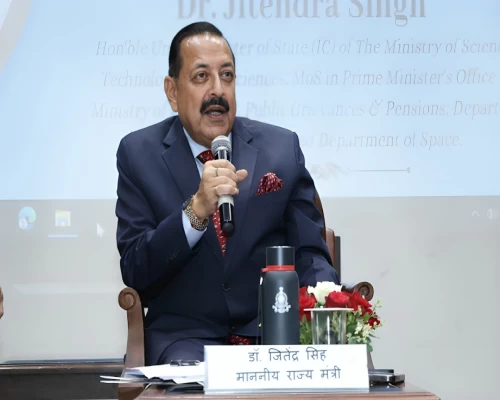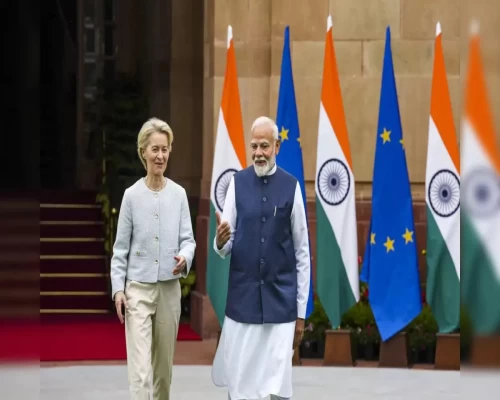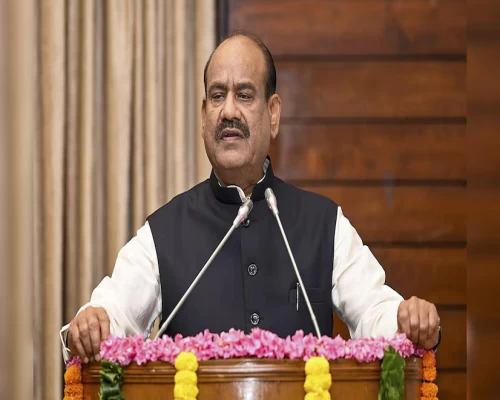
New Delhi: With renewed vigour, National Centre for Good Governance (NCGG), an apex-level autonomous institution of Government of India, is expanding and scaling up its activities to in accordance to Prime Minister Narendra Modi’s vision of Sabka Saath, Sabka Vikas, Sabka Vishwas and Sabka Prayaas to improve the quality of life people of the country as well as of neighbourhood.
A two-week capacity-building programme for the civil servants of Bangladesh, Maldives and state of Arunachal Pradesh was recently held here. The programme was attended by 87 officers comprising 39 civil servants from Bangladesh (56th batch), 26 civil servants from Maldives (20th batch) and 22 civil servants from Arunachal Pradesh (1st batch).
In a first, the officers from Arunachal Pradesh were trained at NCGG, both at Mussoorie and New Delhi. This is in furtherance to further improve the governance and public service delivery in North-East and border-states as directed by Dr Jitendra Singh, Minister of State, Ministry of Personnel, Public Grievances and Pensions. An MoU was signed with NCGG in 2022 to train 500 officers of Arunachal Pradesh over the next five years.
For the first time, sessions were held jointly to facilitate intellectual interactions and deliberations among participants from three countries. The two-week capacity building programme was scientifically tailored by the NCGG team and included the exchange of vast information, knowledge, new ideas, and best practices that promote citizen-centric governance. The sessions for each training programme were firmed up by the NCGG faculty based on the need of the respective countries and in consultation with Indian Missions.
In this two-week programme for the civil servants of Bangladesh, Maldives and state of Arunachal Pradesh, civil servants interacted with domain experts on diverse topics, viz. e-governance, the vision of India at 2047 and the role of civil servants, decentralised municipal solid waste management, digital India, potential and challenges of the power sector in Arunachal Pradesh, approach to SDGs by 2030, health governance in India, climate change and its impact on biodiversity – policies and global practices, anti-corruption practices, LiFE, circular economy, etc., among other important areas.
In his address, Bharat Lal, DG, gave actionable advice to the participants to translate their learnings by preparing a plan of action and implement the same to improve the quality of life of their citizens. He emphasized that the capacity-building programmes designed by the NCGG are in consonance with Prime Minister Narendra Modi’s ‘Neighbourhood First’ policy and upholds the spirit of ‘Vasudhaiva Kutumbakam.’ He urged the civil servants to create an enabling environment for citizens to realize their full potential and no one is left out.
The National Centre for Good Governance was set up in 2014 by the Government of India as an apex-level institution in the country with a mandate to work on good governance, policy reforms, training, and capacity building of civil servants of India as well as other developing countries. It also works as a think tank of the government. In partnership with the Ministry of External Affairs, NCGG has imparted training to civil servants of 15 countries, so far, viz., Bangladesh, Kenya, Tanzania, Tunisia, Seychelles, Gambia, Maldives, Sri Lanka, Afghanistan, Laos, Vietnam, Bhutan, Myanmar, and Cambodia. /BI/



